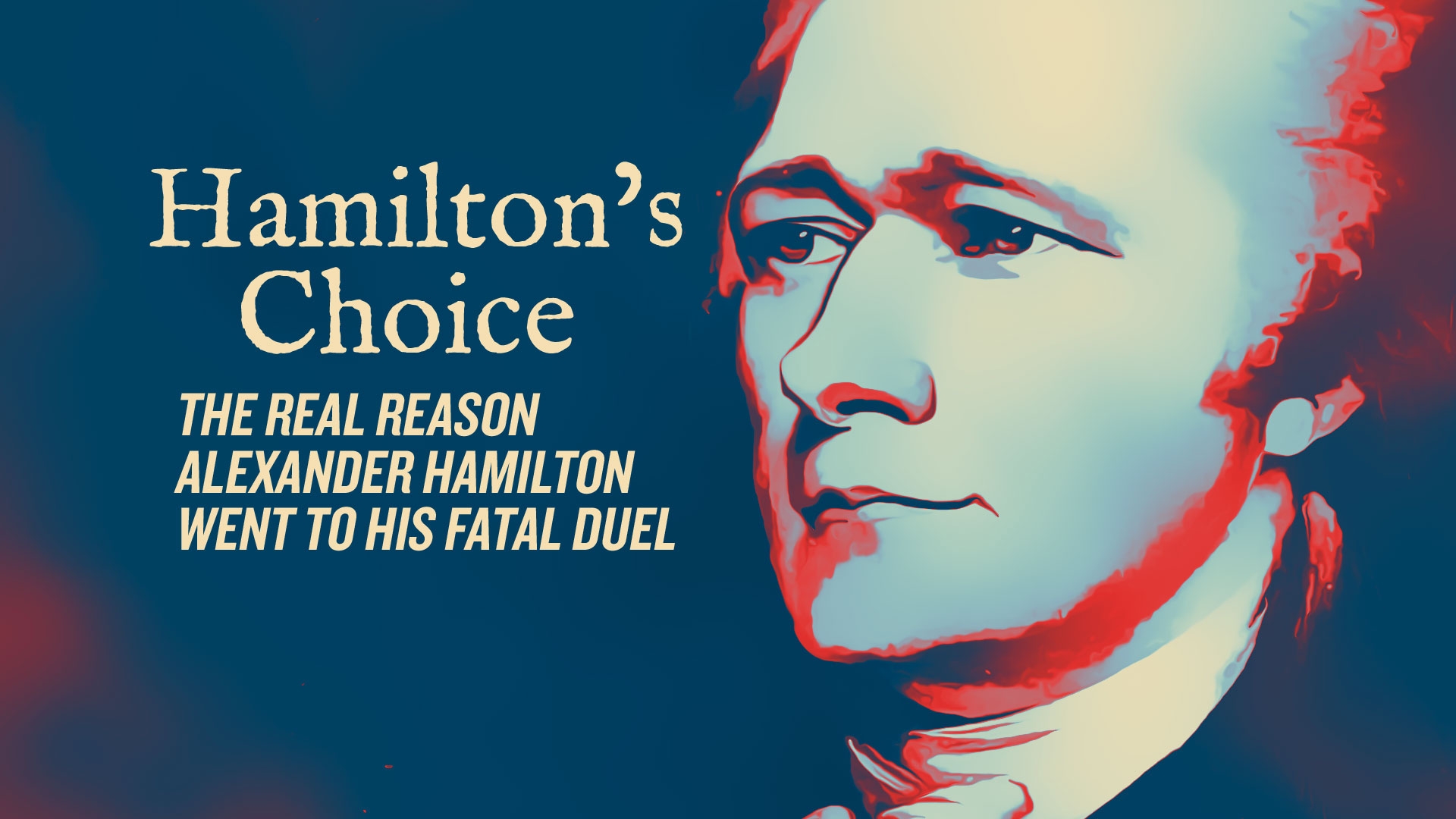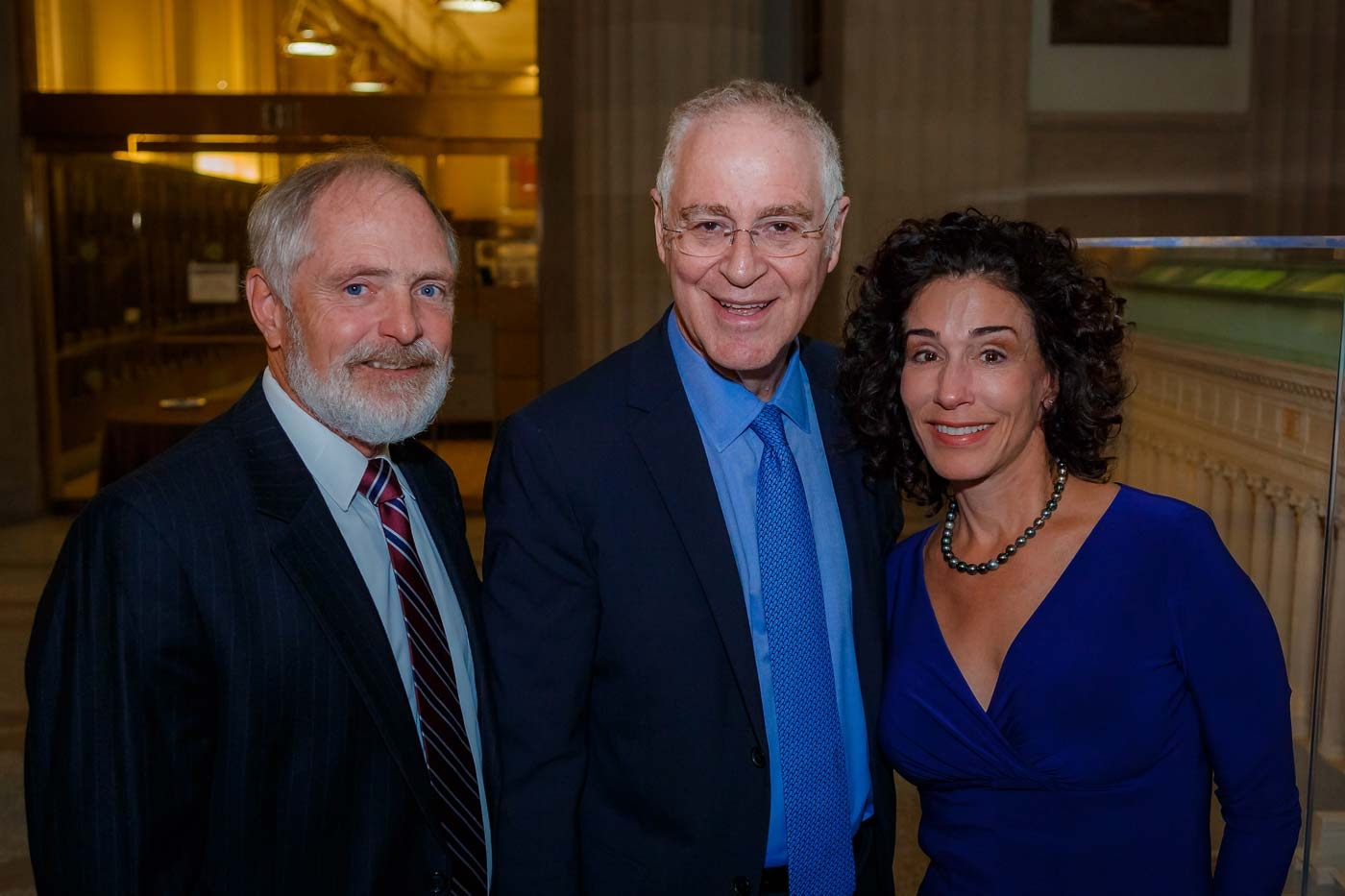VIENNA
July 14, 2013 — Out of the Bavarian Alps, through lush farmland, past villages with dark onion-domed steeples and over turgid rivers we shot on our sleek train.
Vienna!
Imperial city of the Hapsburgs, seat of culture and civilization for centuries on the murky Danube, home to Mozart and Beethoven and capital of the Holy Roman Empire. A place where they train white horses to dance.
The gothic towers of Stephansdom jut high into the sky over the teeming Innere Stadt, and the winding streets led us to Mozart bon-bon and gelato and a lovely meal in a sidewalk café. Young people hawked concert tickets – the Weiner Royal Orchestra in the frescoed Palais Niederosterreich – and so Johanna bought two, and we attended to hear Mozart and Beethoven and Strauss, with the added delight of opera and ballet.

You won’t hear better performances of Viennese music than these musicians play. It’s in their blood. They play it from the cradle. These young musicians played and sang and danced so effortlessly Thursday night you could close your eyes and imagine attending an Imperial Ball in the Hofburg, the glow of chandeliers reflected in crystal mirrors, great skirts floating in waltz time before the advance of frilled and periwigged noblemen. Next morning, in the Hofburg we actually stood in the hall where six-year-old Wolfgang Mozart first charmed the empress, and then threw himself into her arms and kissed her.

This simple flat held a dozen small rooms for his large family, as well as his study and his office. Here Freud helped usher in our modern age. His work, along with Charles Darwin and Karl Marx, exploded the tidy rational frameworks of his time. Here Freud invented the “talking cure.” Here he discovered cocaine. Here he wrote Civilization and its Discontents, and Totem and Taboo, and The Interpretation of Dreams, and here, with an endless stream of patients haunted by neuroses and psychoses, he invented psychotherapy.
Two days before, we’d stood high in the Bavarian Alps at Adolph Hitler’s “Eagle’s Nest,” a hideaway the grateful Nazi party built for their Führer’s fiftieth birthday. The magnificent peak of Berchtesgaden was wreathed in silver clouds and sunshine. On our mountain, higher than the great stone bunker, rose the Gipfelkreuz, a cross carried up by Catholic Bavarians and planted closer to God. From this Eagle’s Nest Hitler the monomaniac plotted to take over the world, and the death and havoc and horror he unleashed upon his era is still incomprehensible.

Vaster than the endless vistas of the Alps, more magnificent than any room in the Hofburg, more profound than the lovely melodies of Mozart and Strauss and possibly as unsettling as the memories and scars of war and genocide, Freud’s work, emanating from these few simple rooms, redefined humanity. Freud plumbed the meaning of mythology. Freud traced odd behaviors to repressed childhood desires. Freud defined and explored our “subconscious,” an abysmal depth of human compulsions beneath our conscious thoughts and speech. Freud exposed the motivations of our leaders – Woodrow Wilson, for example – to find in their great ego-deficits the Nietzschean “will to power.” In Psychopathology of Everyday Life he explained why jokes and puns are funny, the “Freudian slip,” as well as why we forget and lose things, why we do what no other animal can do – laugh. And in these few rooms he raised his large brood – six children.

In recent years the work of Sigmund Freud has been belittled and even trashed, yet undeniably he was a pioneer, always swimming against the stream. He was an heroic genius who needed to look below and beneath all conventional wisdom and preoccupations, who needed to question simply everything, and then, as empirically and scientifically and honestly as he could, to analyze and try to make sense of it so the rest of us – the human race – might understand what we do and why we do it.
In the midst of the splendors of the Austro-Hungarian empire, with the strains of Mozart and Strauss echoing, and the gothic traceries of Stephansdom reaching for the sky, all of our human effort – the effort to create, to rule and to pray – takes on such a deeper and richer meaning because of this man’s work. That Sigmund Freud could plumb such depths and reach such heights in these humble surroundings shows, I believe, that the simple radiance of human reason, motivated by a perseverant and honest heart, can conquer the demons that swim in the deep or that build eagles’ nests in the mountains to rain down terror and death.
Standing in his rooms, I felt for the first time the domestic simplicity of Sigmund Freud’s life. I felt more deeply than ever his profound understanding and respect for our humanity. And I realized, too, that he must have enjoyed the deep paradox which is surely God’s favorite – no matter how different and unique we are, trapped in our individual identities like actors out of character, the universality of our experience, as we pass through the stages of our lives, binds us together each to each, and offers us an enlightenment that may truly set us free.
– Jack Casey

Top Photo Caption: Stephansdom (cathedral)

